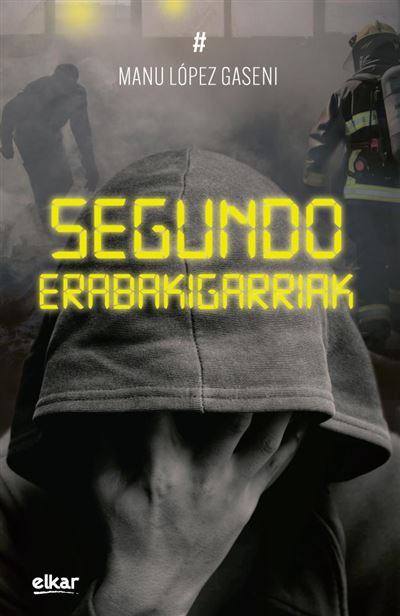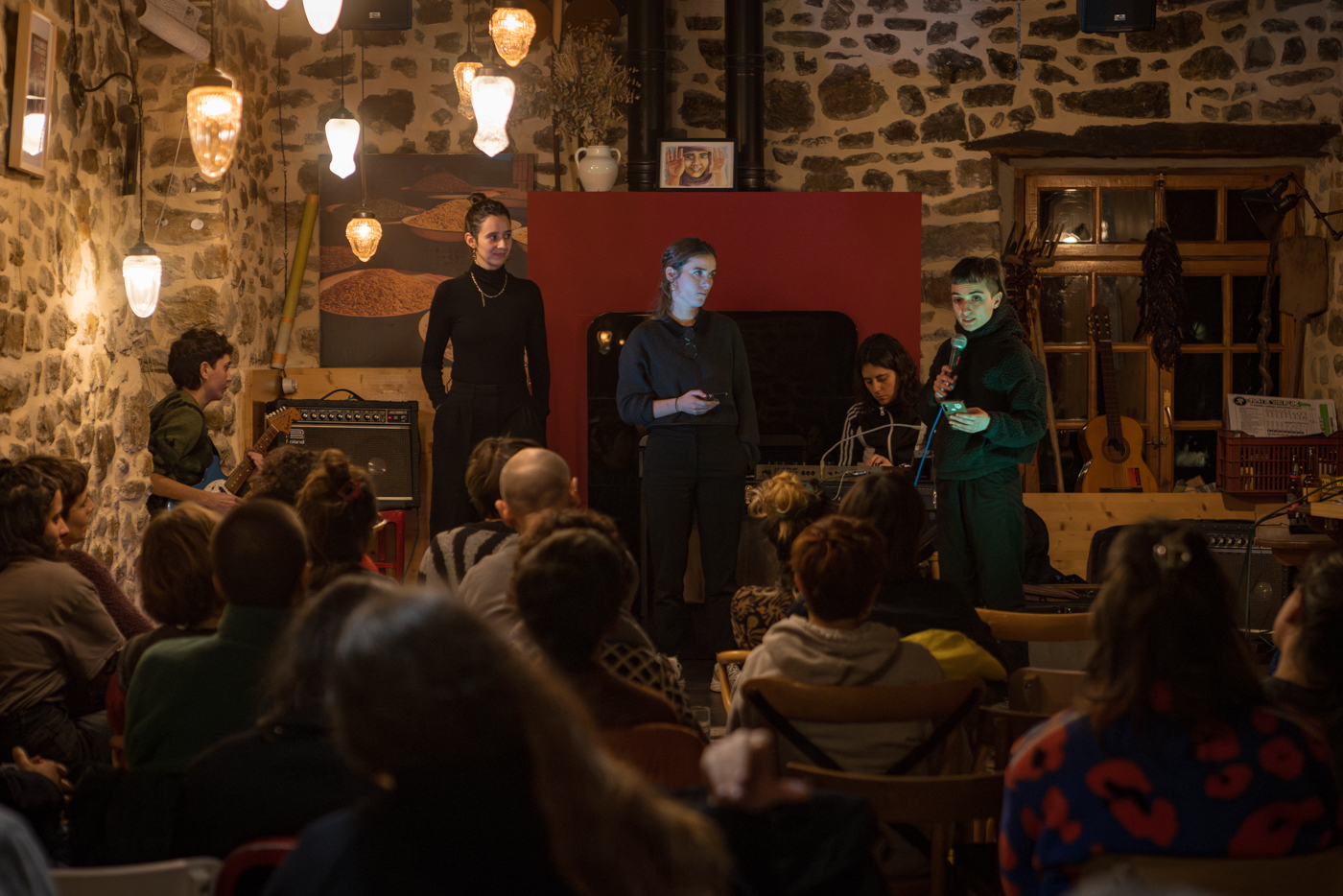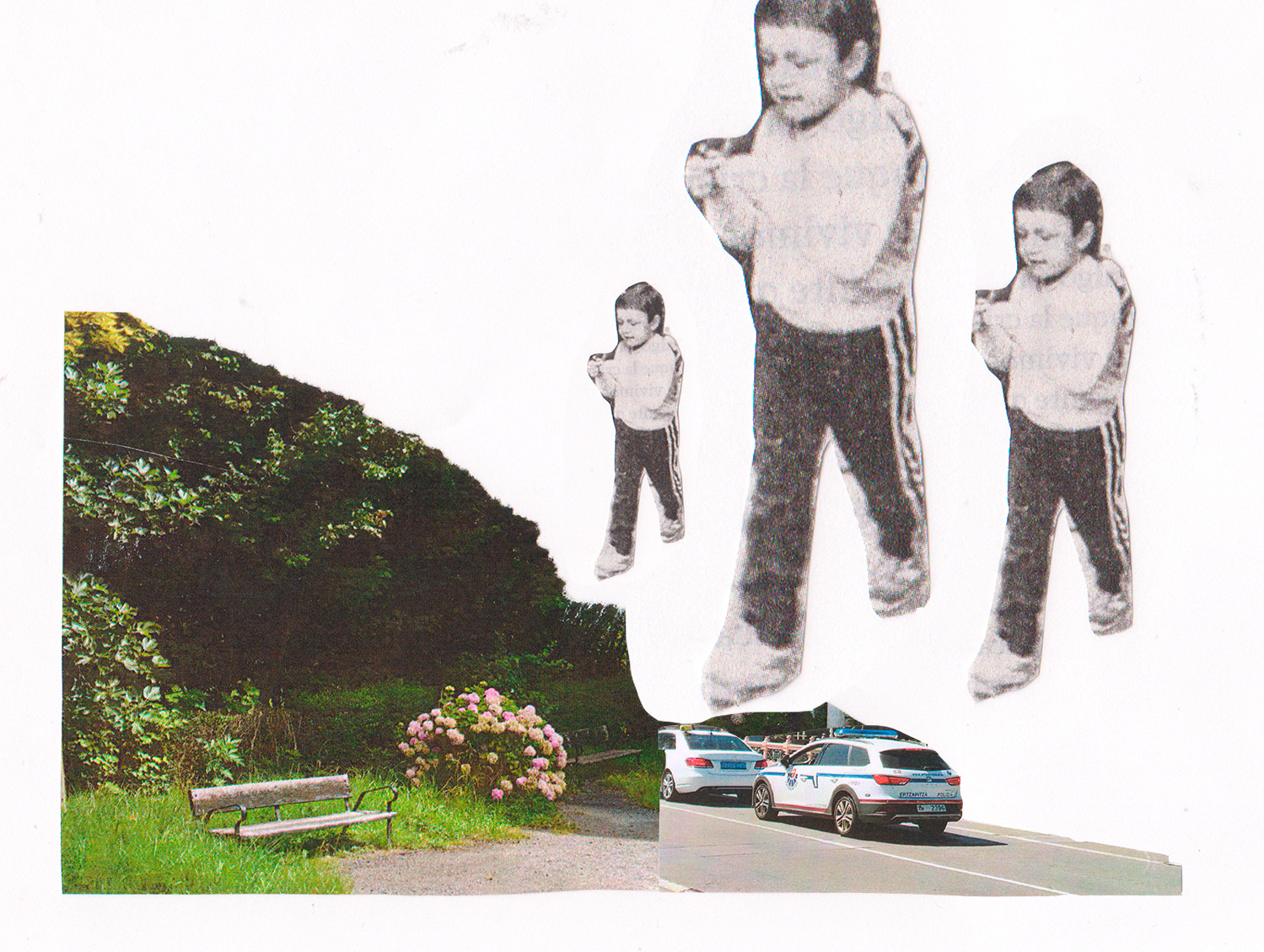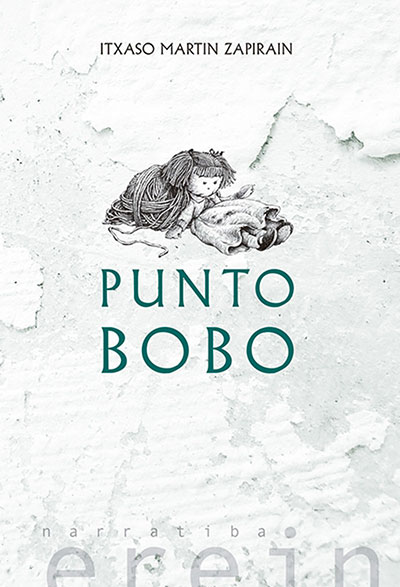Harold Bloom dies, a discussion about the literary canon does not
- Hard to answer questions: Why can you say whether a book is good or not? How is the label of the quality literature established? Should we look only at the texts or also at the context? What weight does society have in deciding what work is important and what is not? It is usually said that books that have been considered high-level literature are part of the canon. In October of this year, the critic who made the most important attempt to establish the canon of Western literature has passed away: Harold Bloom. In the torrent of that death we have launched ourselves to a discussion as current as that of a long time ago.
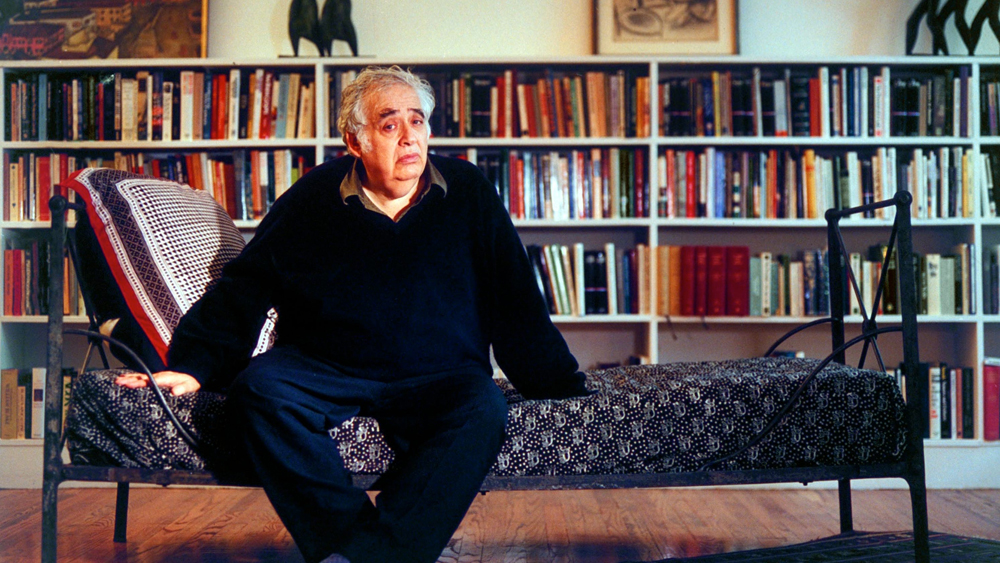
Literary critic Harold Bloom died last October 14 in a hospital near Yale University (USA). He was a professor at this university and dedicated more than six decades to teaching. At 89 years old, even in very poor health, she continued to teach and her teachings were so appreciated, that the university put buses so students could go home when she didn't have time to go to class. The last time she did so was four days before her death, her wife said to The New York Times, when she was informed of death.
After his death, the American critic has almost unanimously applauded his contribution around the world, but in his trajectory there are also some dark aspects: In 1990, an article published in the journal GQ denounced that it maintained “contacts” with female students. “I think it’s a matter of the past. I hate to say, but he was proud of those things, so it wasn’t a very secret thing for many years,” R explained four years later. Dr. W. Doctor B. Lewis, friend and biographer at Bloom. Some of these relationships, at least, were not accepted by the students, as explained by the author Naomi Wolf's report in 2004: In 1983, as a student, Bloom reported in an article – the professor denied it – that he had put his hand inside his thigh.
After his death, almost unanimously applaud the contribution of the American critic throughout the world, although there are also dark aspects in his trajectory
It is not the only controversy surrounding Bloom, but most of the debates it raised throughout its life belong to the literary realm. And not a few of them are due to the book Kanon mendebaldarra, which he published in 1994. We wanted to know the current situation of the debate that led to this work between literary critics and amateurs from all over the world, through the opinion of two literary critics and professors of the UPV/EHU. When we asked him to describe Bloom, BEÑAT Sarasola has explained that the best known is for being a passionate advocate of the literary canon of the West, “although in his career he has done much more than that.”
The American critic also influenced beyond the Academy. For Iratxe Retolaza, Bloom is also known today for three main reasons: because the type of discourse he used had the ability to reach less qualified readers; because the proliferation of cultural trends and visions meant that a sector of society began to look for references because of the lack of direction of diversity; and for political reasons: “After all, Bloom became the symbol and guardian of a form and vision of literature, while defending the Western literary canon, also becoming a defender of Western values. In fact, most of the power structures were (and are) rooted in these values.”
Topical and urgent debate
Asked if there is any news 25 years after the publication of the Western Canon, Retolaza pointed out that “unfortunately” it has it, because “it still has great influence”. In his opinion, the literary perspective proposed in this essay prevails “without doubt and without nuances” in many literary discourses, although, in his opinion, it is very controversial: “In this book, esthetic values are considered neutral criteria and literary quality is understood as a universal criterion. Bloom understood literary quality beyond socialization. In the Basque literature, this perspective is rooted among some literary agents. It is not taken into account that every literary criterion is ideological and social, because literature is a social agreement”.
In Sarasola’s words, “as interest in literature continues, this book will not lose its relevance.” Bloom has highlighted the great knowledge of the authors and works exhibited in this work, “whose in-depth knowledge also, both vertical (in relation to each author) and horizontal (in relation to the authors)”. Recognizing that the book is very western, he put a question on the table: “Who is able to explore so many lines within that tradition?” “Something else is the famous preamble to the book,” he added. “I suspect the old man has stuck that text. I quite agree with the idea of the autonomy of literature in the background, but that defense made it quite concrete.”
In fact, Bloom rejected “the school of resentment” the Marxist, feminist, critical theory, African-American studies or post-Tularism critique, among other things, because he considered that the criticisms made from these perspectives could imply the inclusion of works of low literary value among the works to be read, putting the political criteria before the literary ones. For Sarasola, this label served to make other critics look ridiculous. But he didn't. “How to deny, for example, the excellent critical work of Raymond Williams, Edward Said or Susan Sontag? Do they belong to the balance of resentment? The debate is stupid,” he said.
Beñat Sarasola: "Instead of a broad critical debate, what we have today is the absence of debate and a ‘no equals’ policy of street or bale. This is a canon
of fait accompli"
According to Retolaza, the lines of criticism that prioritize political aspects have gained strength in society. “Sometimes interpretations of literary texts are made mainly from a purely social discursive perspective. This may be interesting and necessary at times (to be studied in each case), but it is important that critical feminist, post-colonialist, Marxist, ecologist tendencies are developed from the literary and literary perspective.” In this sense, he considers that the methodologies, concepts and tools developed from these trends are little known.
Canon of the Basque literature
It also generates controversies when it brings the issue to the Basque literature. And perhaps there are many deficiencies. In 2002, the book Bost idazleak Hasier Etxeberria berbetan was published, starring Bernardo Atxaga, Koldo Izagirre, Anjel Lertxundi, Ramon Saizarbitoria and Joseba Sarrionandia, and some brought us a canonizing exercise. All the writers in the book were men. Four years later, Ana Urkiza published a similar book of female writers -- Eight universes, eight writers: It includes interviews with Arantxa Urretabizkaia, Mariasun Landa, Aurelia Arkotxa, Laura Mintegi, Lourdes Oñederra, Itxaro Borda, Miren Agur Meabe and Yolanda Arrieta. Although they were not works of the critics, but books of conversation, they gave clear references to the general public, which allowed them to debate: Why did these writers stand out and others don't?
In other words, how should the canon of the Basque literature be supplemented? Is there something like this? Should it? “What interests me most in this issue is the debate, the critical debate about the literary and cultural model, the forms, the forms, etc. The truth is, there's not much of that here. Whether or not to diversify the canon, that is not something that is planned beforehand, you cannot bring together a group of experts or a cluster, or whatever it is to decide: let's design a perfect canon. The wider the critical debate, the smaller, more complex and richer the canons will be. But what we have instead is the lack of critical literary debate and a ‘no equals street or bale’ policy. There is no other than to look at which are in some of the main canonizing instances; in some cases it is almost comic. The easiest thing is to pass and, therefore, what we have now, the worst in all possibilities: a canon of fait accompli,” Sarasola said.
According to Retolaza, “there is never a single canon, nor a single process of canonization, because the canons are built in different layers and discourses, and at a given time it is impossible for there to be a seamless agreement between the literary agents”. He has therefore emphasized the exchange: “Canons are defined in conversations, negotiations and frictions around repertoires and literary models. Canonization processes live in constant tension. I think it would be much more interesting to act with canon, or with branches of canonization, than with strict and normative canon. After all, at any time there are different ways of understanding literature among literary agents, even contradictory ones, and in each of these literary perspectives a certain cultural model, a certain conception of the world, is imposed. The most interesting thing is to find ways to represent the stratified canons that could account for all these layers of vision, to be able to visualize those conversations and tensions (and to avoid the hierarchical logic of good/bad literature).”
Time account
But the debates needed for this are hardly produced in Euskera. Sarasola points out one of the causes: that most critics are subject to the difficulties of the academic system. “How many literary essays have been published in the last decade? How many academic monograph articles, etc. ? One thing we can learn from Bloom is that literary research is not a technical issue, that one cannot study literature as biochemistry is studied, but we are precisely in the opposite direction. I love the critics who spend their lives reading literature and write through these deep and comprehensive readings, of whom one learns to love literature, but in the current university system this is penalized.”
Iratxe Retolaza: "It would be much more interesting to act with canonical levies or branches than with strict and regulatory canon"
Retolaza also highlights another weakness: “Contemporaneity is the main criterion to speak of literature and, therefore, the tendency to analyze historical dynamics has decreased among literary critics. Consequently, fewer tools have been created to generate dynamic canonization processes, and discourses or rivalries have been imposed on a few canonical writers in critical speeches (for example, the session of Joseba Gabilondo comparing the authorship of Kirmen Uribe with that of Ramón Saizarbitoria, New York-Martutene). On the utopia of Basque post-nationalism and the crisis of neoliberal globalization”.
Time, of course, has much to say on the canon issue: due to the lack of time of critics; and because the prioritization of books published in recent times may lead to the inadequacy of many authors and works that would be seen from a broader temporal perspective. Perhaps the death of Harold Bloom has been a sign: these hyper-accelerated times demand a simplified debate, that of here and now, that of “yes” or “no”, something that lies in the opposite of the deep and rich debate that the critics interviewed in this report consider urgent.
Idazketa labana bat da
Annie Ernaux
Itzulpena: Leire Lakasta
Katakrak, 2024
Decisive seconds
Manu López Gaseni
Beste, 2024
--------------------------------------------------
You start reading this short novel and you feel trapped, and in that it has to do with the intense and fast pace set by the writer. In the first ten pages we will find out... [+]
Istorioetan murgildu eta munduak eraikitzea gustuko du Iosune de Goñi García argazkilari, idazle eta itzultzaileak (Burlata, Nafarroa, 1993). Zaurietatik, gorputzetik eta minetik sortzen du askotan. Desgaitua eta gaixo kronikoa da, eta artea erabiltzen du... [+]
When the dragon swallowed the
sun Aksinja Kermauner
Alberdania, 2024
-------------------------------------------------------
Dozens of books have been written by Slovenian writer Aksinja Kermauner. This is the first published in Basque, translated by Patxi Zubizarreta... [+]
Sometimes I don't know if it's too much. That we're eating a pipe, that we're talking about anything else, that we're bringing it up. We like to speak aloud, to leave almost no pause, to cover the voices, to throw a bigger one. Talk about each one of them, each one of them, what we... [+]
Puntobobo
Itxaso Martin Zapirain
Sowing, 2024
----------------------------------------------------
The title and cover image (Puntobobo, Wool Bite and Rag Doll) will suggest mental health, making the point and childhood, but more patches will be rolled up as the book... [+]
Party and recreation. Oral History of Rock Radical Vasco
Javier 'Jerry' Corral
Books, 2025
------------------------------------------------
Javier Corral ‘Jerry’ was a student of the first Journalism Promotion of the UPV, along with many other well-known names who have... [+]
Itsasoa bete urre
Dani Martirena
Irudiak: Ana Ibañez
Txalaparta, 2022
--------------------------------------------
Liburu honetara barneratzen den irakurleak sentsazio ugari izango ditu. Deigarria da azaleko letren urre kolorea eta zuritasuna, goialdean ageri den... [+]
Hirietako egunerokoa interesatzen zaio Sarah Babiker kazetariari; ez, ordea, postaletako irudia, baizik eta auzoetan, parkeetan, eskoletan, garatzen den bizitza; bertan dabilen jendea. Lurralde horretan kokatzen dira bere artikuluak, baita iaz argitaratu zituen bi lanak ere... [+]












